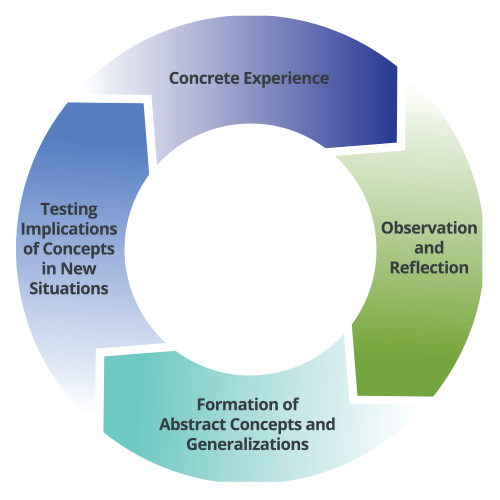
Joel DiGirolamo and Thomas Tkach
A model of adult change can provide valuable structure for your coaching engagements, bringing awareness to specific areas where blocks or resistance may be occurring and illuminating pathways for deeper exploration.
Each of us is born with a specific personality, or temperament, that will have a strong influence on our motivations and behavior patterns. Psychologists frequently refer to these as trait behaviors. Experiences we have throughout our lifetime overlay upon our temperament and bring about modifications in behavior, developing what are described as state behaviors. If we are willing, we may continue to explore our behaviors and evolve until the day we die. These behaviors and the motivations behind them are the framework from which we all operate.
Kurt Lewin, an early social psychologist, observed how groups would evolve through “unfreezing,” shifting and then “refreezing.” Individuals are no different. Business trainers Edgar Schein and Warren Bennis utilized this concept in multi-week corporate leadership development retreats they developed in the 1960s. Perhaps the most familiar and famous coaching tool emerging from these developments is David Kolb’s Experiential Learning Cycle, shown below.
Coaches frequently use the learning cycle to promote a shift in a client’s paradigm, values or self-identity. This tool encourages clients to observe and reflect upon specific experiences. The idea is that the reflection will help develop new concepts pertaining to that experience so that the client may form new attitudes or behaviors in future experiences. Taken a step further, organizational development and leadership development professionals have applied this concept to situations where a client’s or organization’s paradigms no longer fit and one must explore more abstract layers in their framework.
The Experiential Learning Cycle

(Kolb, 1971)
Download Article

















Rey Carr
December 6, 2016 at 2:22 pm
Besides our own model of experiential learning which became the standard for coaching and mentoring in our training workshops, the most well-known (and simplest) model was developed by Pfeifer & Jones at University Associates. Their model: “What”” “So What?” “Now What?”